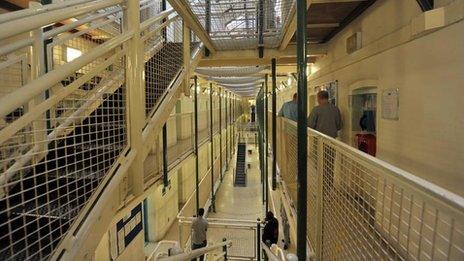Family hears judge say victim statements make 'no difference'
- Published
Geraldine and Peter McGinty: "Why are we being put through pain and heartache?"
The parents of a murder victim have spoken of their "heartache" after hearing a judge say impact statements made by bereaved families make "no difference" to parole judgements.
Geraldine and Peter McGinty said it was "sickening" to overhear the remarks after giving a statement at a parole hearing on one of their son's killers.
Apologising, Judge Graham White said he thought he was talking in "private".
The Parole Board said victims can "play an important part" in hearings.
Guidance from the Parole Board for England and Wales says victim statements can "provide useful context and information", external.
But it says decisions are "ultimately" based on the offender's "current risk", adding: "In most cases, the victim is unlikely to have information [on] this."
'Heartache'
Colin McGinty, 21, was stabbed to death in 2001 in Bootle on Merseyside and two men - Michael Brown and Gary Hampton - were jailed for his murder later that year.
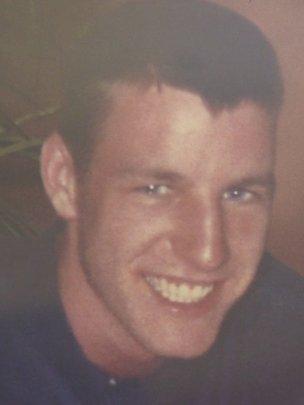
Colin McGinty's parents describe him as a "fabulous son", loved for his sense of humour and generosity
They both recently applied to the Parole Board to be moved to an open prison and Colin's parents were invited to read victim impact statements to the judge before he decided the application.
During Brown's hearing, the couple read their statement via video link then heard the comments made by Judge White, who mistakenly believed the link had been disconnected.
"The judge turned round and said to someone else in the room: 'I feel so very sorry for these families. They make these statements thinking they are going to make a difference, but they make no difference at all. Someone should tell them'," Mrs McGinty told the BBC.
"The heartache that we go through to do these statements, to be told they don't make any difference."
The couple have not criticised the judge, and have said they appreciated his honesty.
Judge White told the BBC the McGinty family heard a "private conversation which had not been meant for publication".
"I am sorry if what they overheard upset them and if it made them feel that what they had said had no impact because it certainly did, but what it can't do is affect our judgement of his [Brown's] risk," Judge White said.

'Grief and pain'
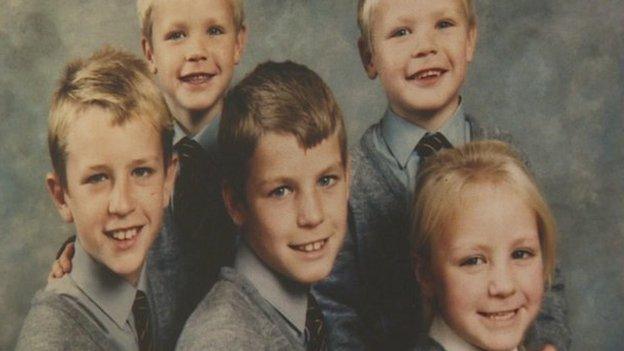
Colin, centre, with his brothers and sister was the second eldest
By BBC home affairs correspondent June Kelly
Colin McGinty was on a night out with friends when he was stabbed 15 times in what detectives believed was a case of mistaken identity.
In their victim personal statement his parents described how they made their way to the hospital in the early hours of the morning, saying: "That sight of Colin will haunt us forever."
His last words to his father were "I can't breathe." He died shortly afterwards.
Colin was the second of Geraldine and Peter McGinty's five children. At the heart of the family home in Formby on Merseyside is a picture of Colin with his four siblings.
Mrs McGinty told the BBC: "He was a good brother and a fabulous son. He was really hard working. He had completed an apprenticeship as a joiner."
The family's statement says: "We are serving a life sentence of heartache and grief and pain."

Investigation announced
Parole Board chairman Sir David Calvert-Smith told the BBC victims should be told what their statements may or may not achieve, and the board was trying to spread this information.
In a statement, the board said victims can "play an important part" in helping panels decide whether a prisoner should be released.
It said victims might suggest questions for the offender about "their understanding of the consequences of their behaviour" and assist in setting licence conditions such as exclusion zones and conditions not to contact victims.
Sir David also confirmed an investigation would be carried out to determine whether "something was said, which really should not have been said" at the hearing involving the McGinty family.
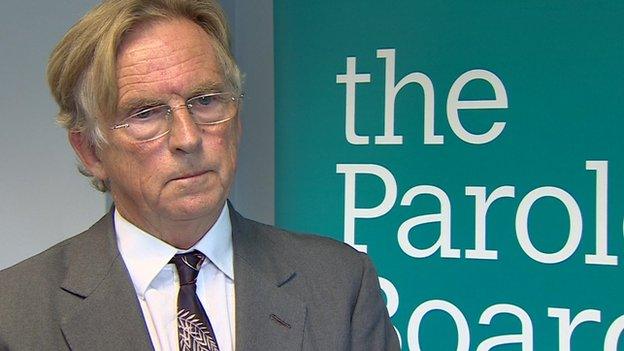
Sir David Calvert-Smith said there would be an investigation into what was said during the hearing
But Mr and Mrs McGinty said the Parole Board and politicians had been misleading the public on the issue of victim statements.
Recommendations have been made that both Colin's murderers should be transferred to open prisons - something his family oppose.

Analysis
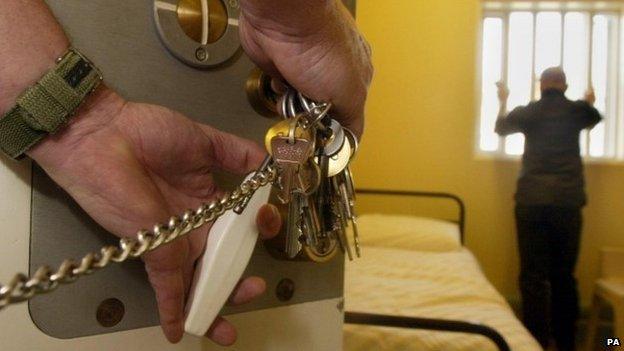
By BBC legal correspondent Clive Coleman
Over the last 15 years or so there has been a rebalancing of the criminal justice system to give it a greater focus on victims.
Part of the change was the introduction of Victim Personal Statements (VPS).
These can and frequently will be taken into consideration by a judge passing sentence.
A sentencing judge must assess the seriousness of an offence. Part of that assessment will include taking into account the effect of the crime on victims.
However, a Parole Board's role is to assess the risk posed by the prisoner.
That is a rational decision based upon evidence of the prisoner's progress.
It will be made on the basis of evidence including reports from experts including psychiatrists and psychologists.
In determining "risk" a VPS, which may be very powerful and moving in setting out the emotional and psychological effect of the crime on the victims, will be of very limited effect - and in many instances, as Judge White has said, may have no effect at all.

Wendy Crompton, whose son William was killed when he was 18, said she believed her statement to a parole board "would make a difference".
But, in an interview with BBC Radio Wales, she questioned why families were put through the trauma of doing so if it had no effect.
Wendy Crompton, mother of murder victim William: "His voice was silenced and I felt I needed to be his voice"
Former Parole Board member Professor Andrew Sanders, now head of Birmingham Law School, said the board's job was to assess the "risk" of releasing a prisoner, a decision based on expert assessments.
He said victim statements can "sometimes impact on the terms of parole" - for example if people do not want contact with the prisoner - but these issues are things the Parole Board "ought to know anyway".
"The way the government policy works out, victims are being led to believe they'll make a difference when in fact they don't," he said.
"It raises expectations very unfairly."
Shadow justice secretary Sadiq Khan said victims could not "dictate" when an offender was released, but their views should help "focus" the questions at parole hearings.
He said Labour was calling for a "victims' law" so "victims have real teeth and know their entitlements".
Victims' Commissioner Baroness Newlove said: "Victims pour their hearts into these statements to make sure they do their loved ones the best possible justice - they should never be dismissed like this."
- Published5 August 2014
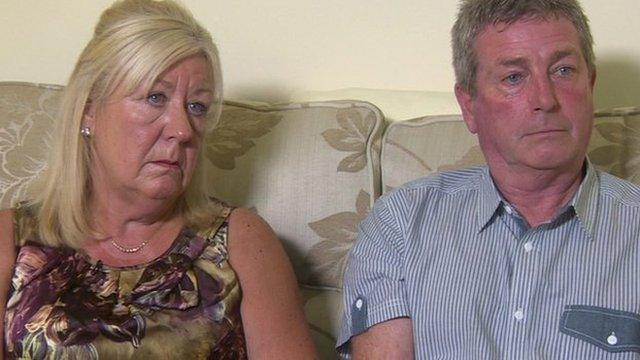
- Published5 August 2014
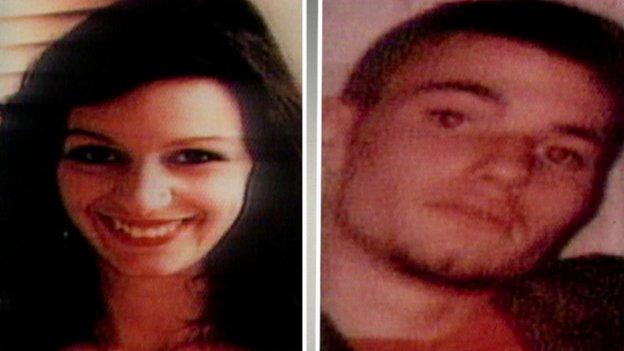
- Published12 July 2014
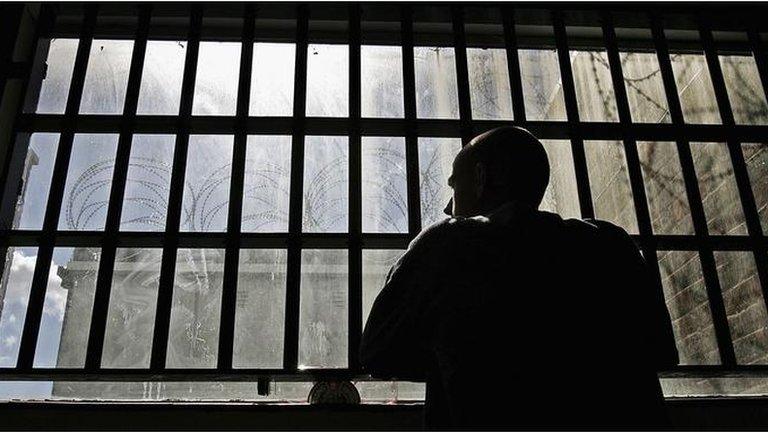
- Published6 May 2014
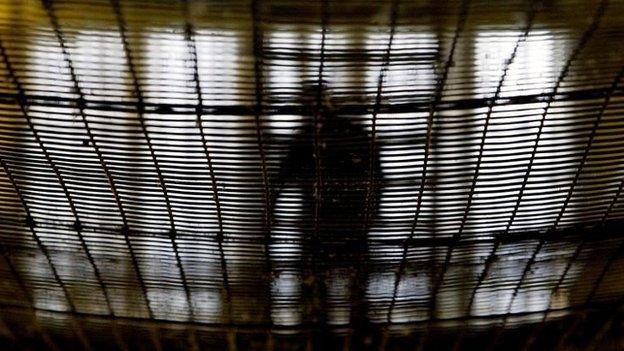
- Published18 February 2014
